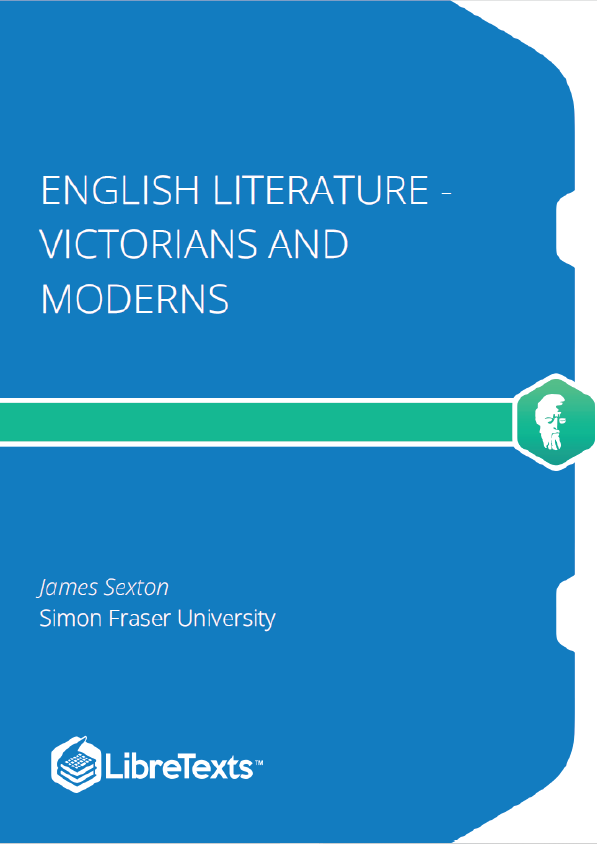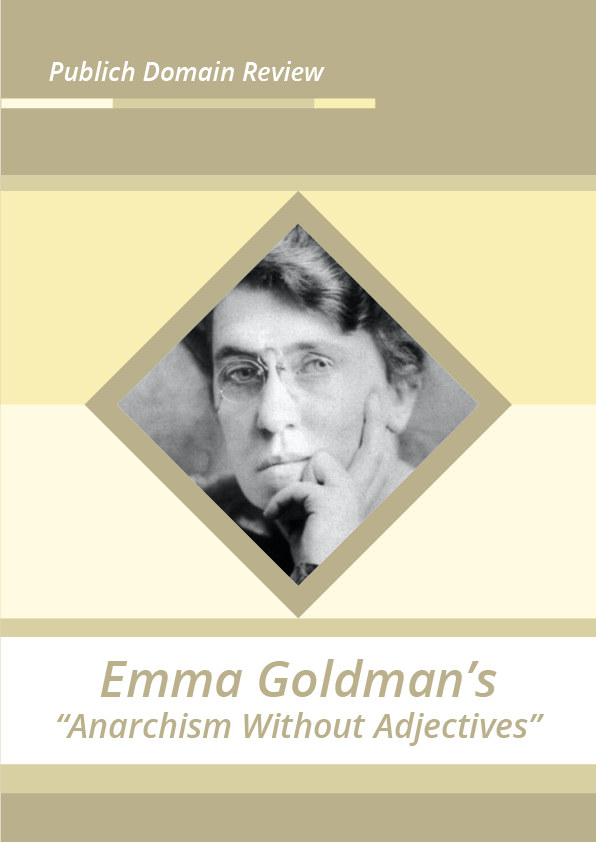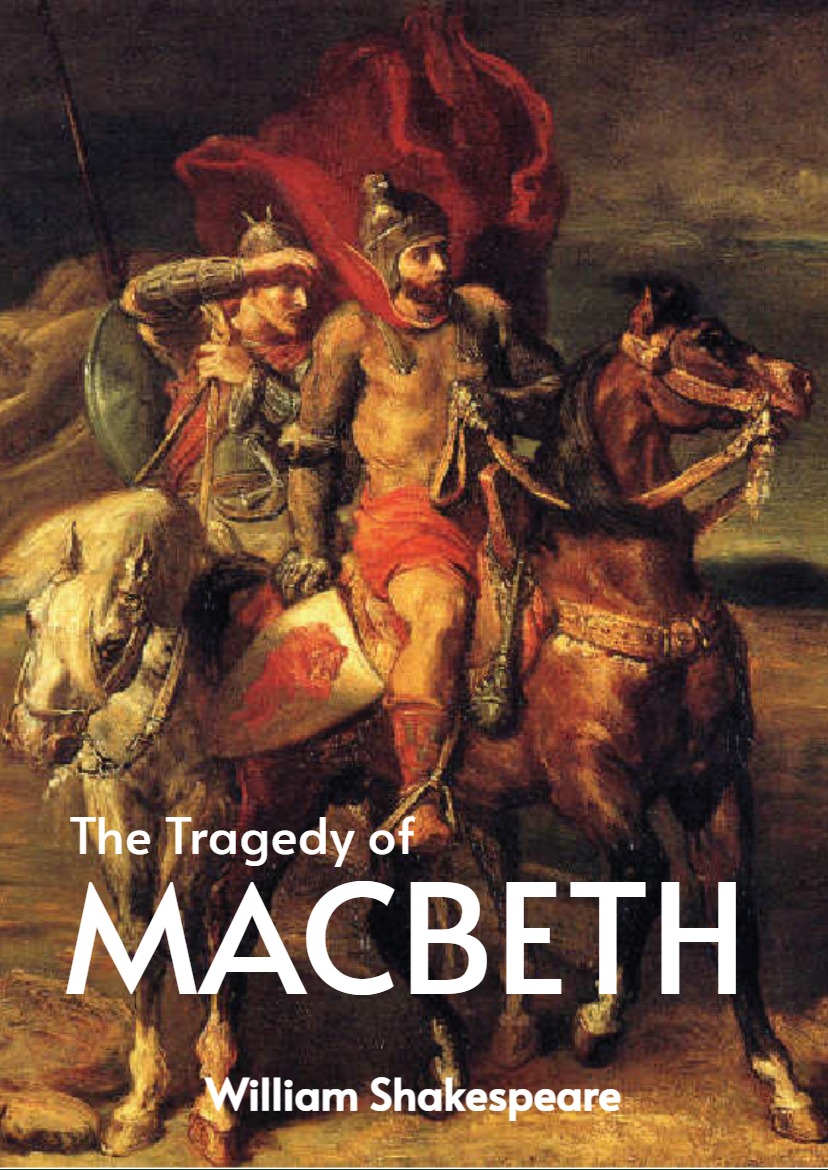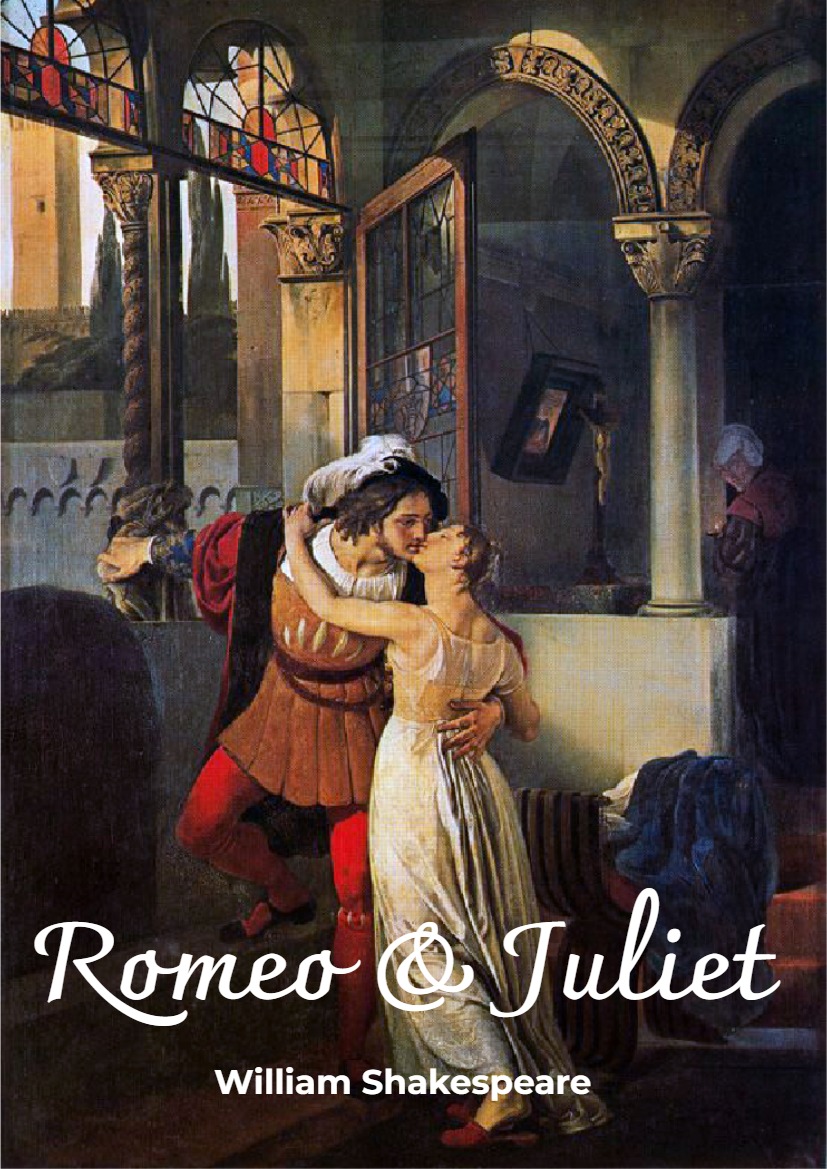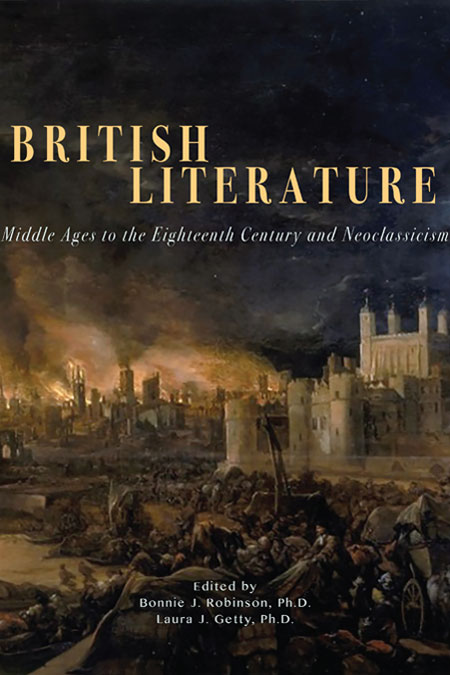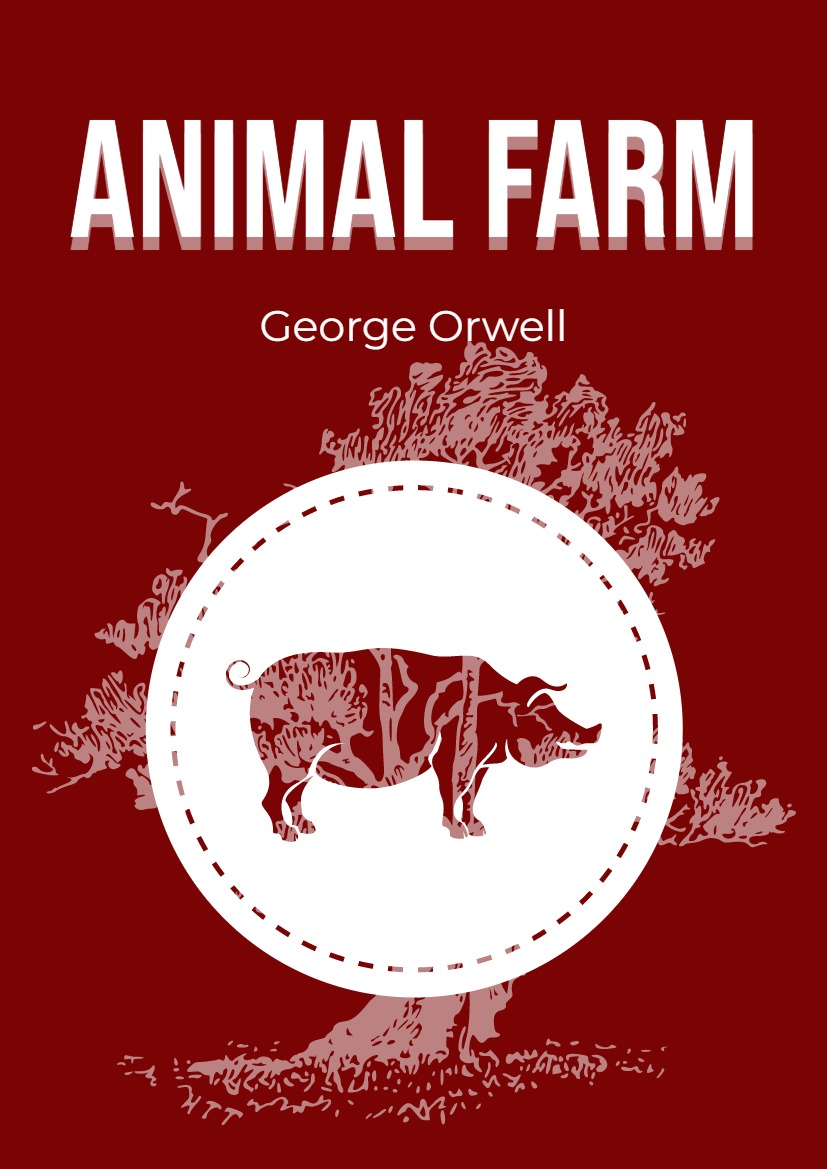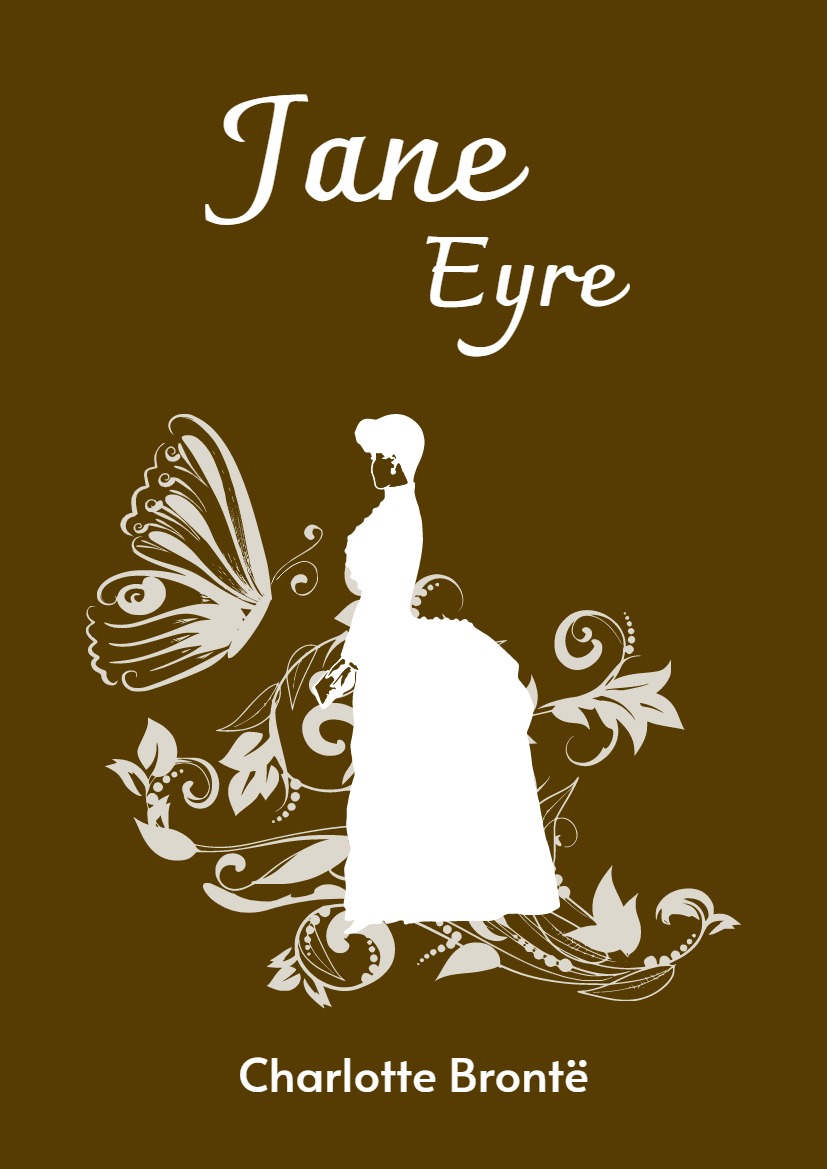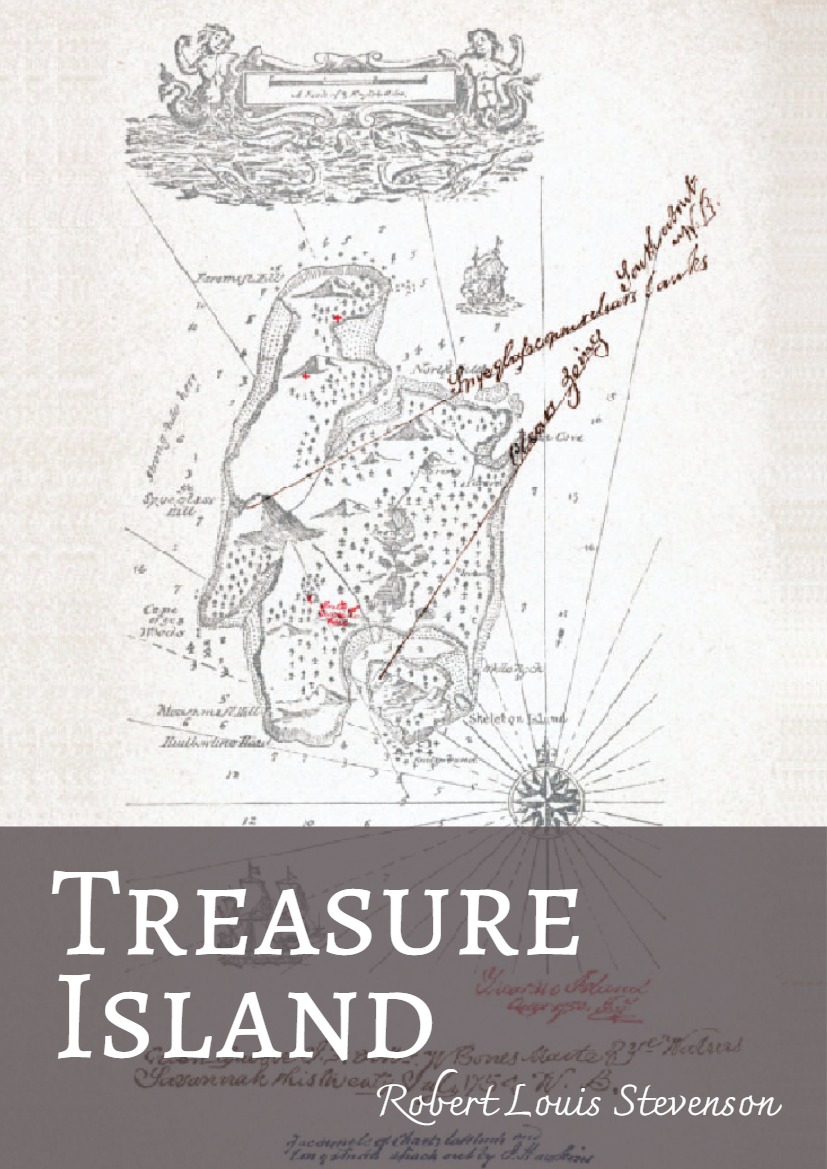English Literature: Victorians and Moderns is an anthology with a difference. In addition to providing annotated teaching editions of many of the most frequently-taught classics of Victorian and Modern poetry, fiction and drama, it also provides a series of guided research casebooks which make available numerous published essays from open access books and journals, as well as several reprinted critical essays from established learned journals such as English Studies in Canada and the Aldous Huxley Annual with the permission of the authors and editors. Designed to supplement the annotated complete texts of three famous short novels: Henry James’s The Turn of the Screw, Joseph Conrad’s Heart of Darkness, and Aldous Huxley’s Brave New World, each casebook offers cross-disciplinary guided research topics which will encourage majors in fields other than English to undertake topics in diverse areas, including History, Economics, Anthropology, Political Science, Biology, and Psychology. Selections have also been included to encourage topical, thematic, and generic cross-referencing. Students will also be exposed to a wide-range of approaches, including new-critical, psychoanalytic, historical, and feminist.
Introduction
Although Queen Victoria did not ascend to the throne until 1837, it is common to refer to the Victorian era as beginning in 1832, the year of both the First Reform Bill and the death of Sir Walter Scott, a major writer of the Romantic era. The main topics for this unit on the Victorians are Industrialism, Religious Doubt, The Role of Women (“The Woman Question”) and Imperialism. This is not to say that these issues were peculiar to that era; indeed, we will see them reappearing in later units; for example, the “Woman Question” in the Virginia Woolf and Katherine Mansfield chapters, Industrialism in Shaw’s play Major Barbara and in Huxley’s Brave New World, and Imperialism and Religious Doubt in the Orwell and Eliot chapters respectively.
As one critic puts it, the following developments characterize the Victorian era:
- A decisive shift of population and political and economic power from the country estates to the cities and the consequent increasing dominance of the middle classes
- Industrialization and the “proletarianization” of the working class The laissez-faire school of economics, along with the countervailing current of social reform movements and the emergence of Marxian socialism
- The dramatic expansion of English naval and trade dominance and the extension of the British Empire around the globe
- The exposition of the theory of evolution by Darwin and his defenders and the heightened conflict between science and religion (Adapted from George Scheper A Survey of English Literature. Maryland Center for Public Broadcasting 1973).
